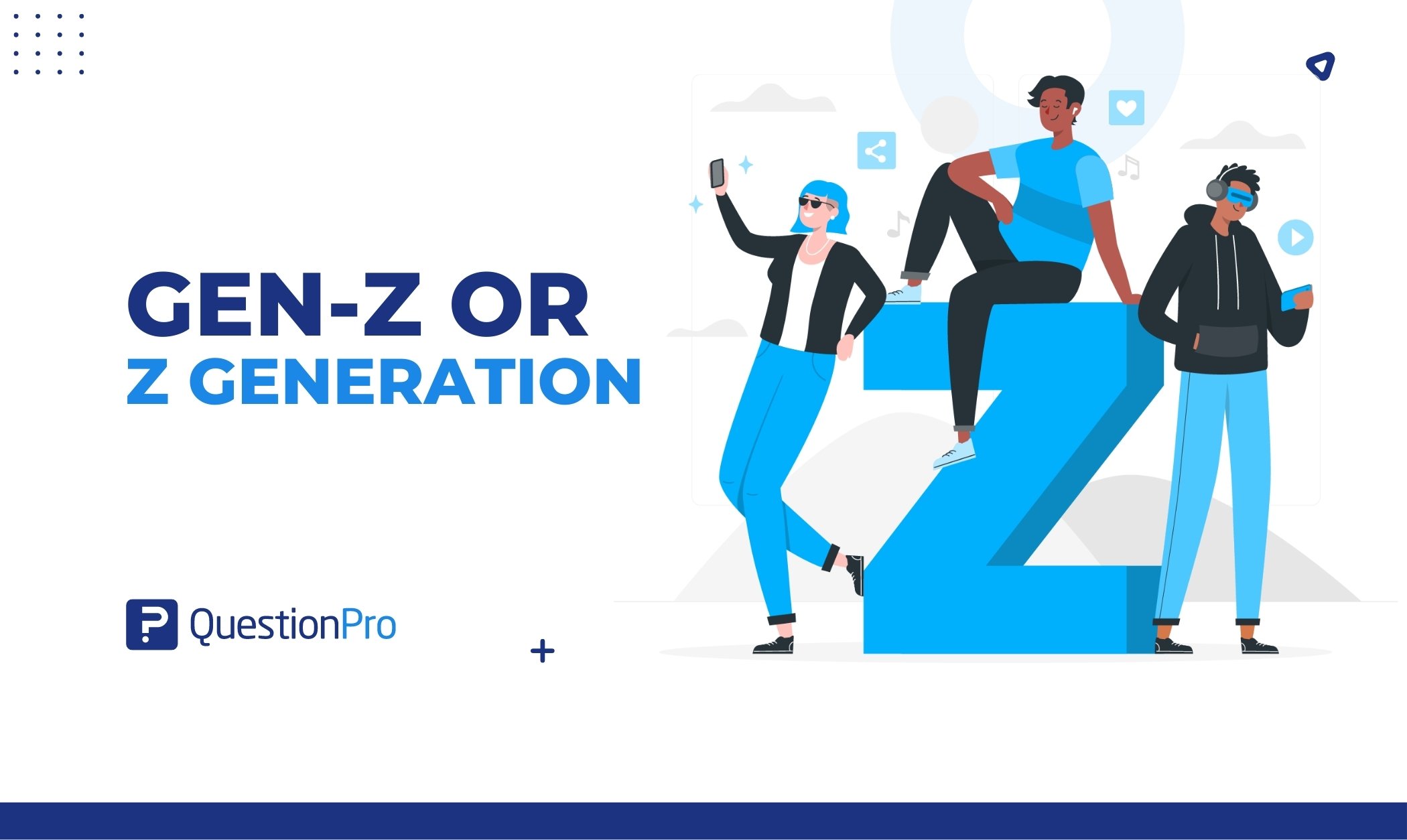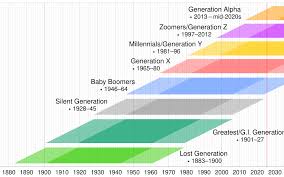
Introduction
Generation Z, commonly referred to as Gen Z, consists of individuals born from the mid-to-late 1990s through the early 2010s. This generation is increasingly relevant in today’s society as they make up a significant proportion of the global population and exhibit distinct characteristics that influence consumer behaviour, cultural trends, and social issues. Understanding Gen Z is vital for educators, marketers, and policymakers as they navigate a world characterised by rapid technological changes and socio-political shifts.
Traits Characterising Gen Z
One of the key traits of Gen Z is their innate comfort with technology. Having grown up in a digitally connected world, they are adept at using smartphones and social media platforms for communication and entertainment. According to a report by McKinsey, over 59% of Gen Z engages with social media daily, with platforms like TikTok and Instagram being particularly popular. This constant connection to technology shapes their values and perspectives, making them advocates for social causes such as climate change and inclusivity.
Cultural and Social Influences
Gen Z is known for their strong sense of individualism and authenticity. Unlike previous generations, they value transparency from brands and corporations, often favouring companies that align with their values. A survey conducted by IBM revealed that 77% of Gen Z consumers are more likely to purchase from brands that reflect their social beliefs. This generation is also more open-minded, embracing diversity in terms of race, gender, and sexual orientation, which influences their social interactions and consumption patterns.
Challenges Faced by Gen Z
Despite their strengths, Gen Z faces a unique set of challenges. Increasing mental health issues have emerged as a significant concern, with reports indicating that this generation experiences higher levels of anxiety and depression compared to previous generations. Furthermore, economic uncertainties and the impact of the COVID-19 pandemic have added to their pressures, affecting their educational and career prospects. Addressing these mental health concerns will be critical for their development and societal contribution.
Conclusion
Generation Z is a dynamic and influential cohort that is poised to shape the future in remarkable ways. As they continue to enter the workforce and engage with the world’s various social and economic systems, their values, digital fluency, and advocacy for change will drive forward cultural and societal transformations. Understanding Gen Z is essential for businesses and institutions that aim to connect and engage with this generation effectively. In the coming decade, the impact of Gen Z will be significant, prompting a reevaluation of traditional practices in marketing, education, and social policy.
You may also like

The Rise of Gen Z: Characteristics and Influence on Society

The Rise and Impact of Scary Films in Modern Cinema
